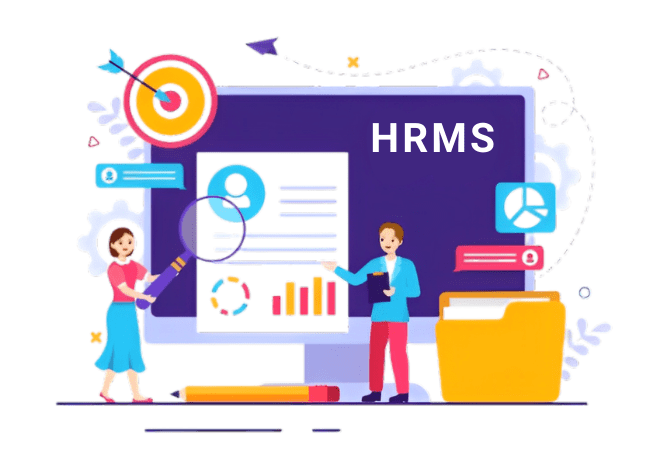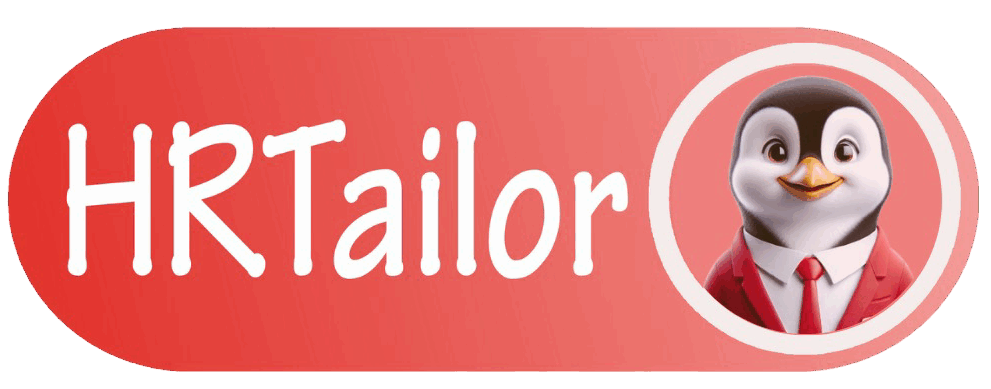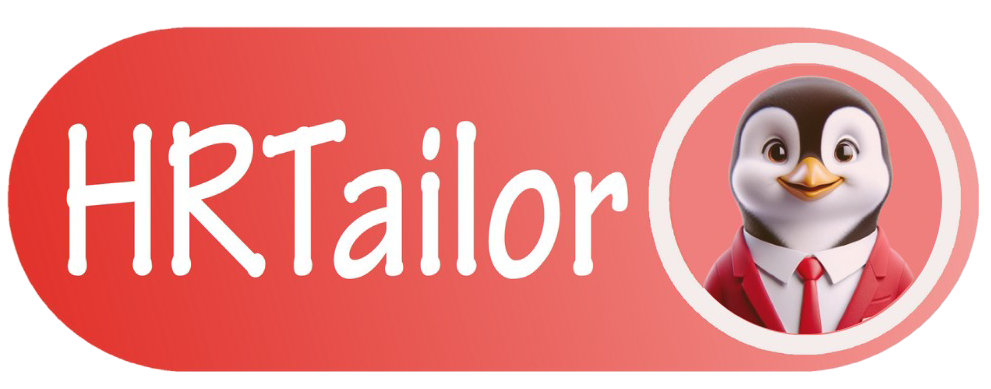
Why Setting Up an HRMS Is Essential for Your Business: Benefits and Key Advantages
In today’s fast-paced work environment, HR departments are busier than ever. Managing employees, tracking attendance, handling payroll, and maintaining records can be overwhelming, especially as companies grow. That’s where a Human Resource Management System (HRMS) comes into play. But why is an HRMS setup so important, and what should you expect in terms of benefits and challenges?
This article dives into what an HRMS is, the advantages it offers, some potential drawbacks, and why it’s a crucial investment for any business looking to streamline HR functions. By the end, you’ll have a clear idea of whether an HRMS is the right fit for your organization.
For a deeper look at HRMS setups, you can also explore HRTailor’s HRMS setup guide.
What is Human Resource Management System?
An HRMS, or Human Resource Management System, is software designed to automate and streamline various HR tasks within an organization. From employee onboarding to attendance tracking, payroll management, performance appraisals, and more, HRMS serves as a comprehensive hub for all HR functions.
With an HRMS, companies can store employee data securely, automate repetitive tasks, and make better data-driven decisions. It’s essentially an all-in-one solution that simplifies managing an organization’s most valuable asset—its people.
Why is HRMS Setup Important?
Centralized Data Management: With an HRMS, all employee information is stored in one place, making it easier to access, update, and manage. This reduces errors, saves time, and provides a reliable source of truth for HR and management teams.
Improved Compliance and Security: HR departments handle a lot of sensitive data, from personal employee information to payroll details. An HRMS helps ensure that all this data is securely stored and compliant with regulatory requirements.
Efficiency and Productivity: Automating routine tasks—like attendance tracking and leave management—frees up HR staff to focus on more strategic activities, boosting productivity.
Data-Driven Insights: HRMS platforms often come with analytics tools that allow companies to monitor trends in attendance, performance, and employee satisfaction. These insights support data-driven decision-making, helping businesses optimize their HR strategies.
Employee Self-Service: Many HRMS platforms include self-service options, enabling employees to manage their profiles, apply for leave, access payslips, and more. This reduces the administrative burden on HR and empowers employees to handle routine requests.
Key Benefits of HRMS Setup
Implementing an HRMS can bring a host of benefits to businesses of all sizes. Here are some of the most significant ones.
1. Streamlined HR Processes
HRMS automates and simplifies core HR functions like recruitment, onboarding, attendance, and payroll. This streamlining allows HR teams to operate more efficiently, saving time and reducing manual errors.
2. Enhanced Employee Experience
By offering employees easy access to their own data and the ability to manage their information, an HRMS boosts employee satisfaction. When employees can view their records, request leave, and access payslips anytime, they feel more engaged and empowered.
3. Improved Decision-Making
HRMS systems provide real-time insights into workforce trends, turnover rates, and performance metrics. This data enables management to make informed decisions on hiring, promotions, and resource allocation, ultimately helping to build a more effective workforce.
4. Cost Savings
While there’s an upfront cost to setting up an HRMS, the long-term savings can be substantial. Automation reduces the need for extensive paperwork, minimizes errors, and often reduces the size of the HR team required to manage administrative tasks.
5. Better Compliance Management
Compliance is critical for any organization, and an HRMS can assist by tracking compliance-related data, updating policies, and generating reports needed for audits. This reduces the risk of legal issues and fines.
Advantages of HRMS
- Centralized Data: All employee data is stored in a single, accessible platform, making information retrieval quick and easy.
- Automation: Automates repetitive tasks like payroll processing, reducing human errors and boosting productivity.
- Customizable: Most HRMS platforms are customizable, allowing businesses to tailor the system to their specific needs.
- Scalability: HRMS solutions can grow with your company, making it easier to scale HR functions as your workforce expands.
How HRTailor’s HRMS Can Simplify Your Setup
If you’re considering an HRMS but feel overwhelmed by the setup process, HRTailor’s HRMS solution is designed to make it easy and effective. With HRTailor, you’ll get expert guidance at every step, from assessing your company’s unique needs to customizing the system to fit your workflows. Their platform focuses on user-friendly features and a seamless implementation process, so you can start reaping the benefits without a steep learning curve. Plus, their ongoing support ensures your HR team can maximize the platform’s potential, making HRTailor a smart choice for businesses of all sizes. For more information on their setup services, visit HRTailor’s HRMS setup page.

